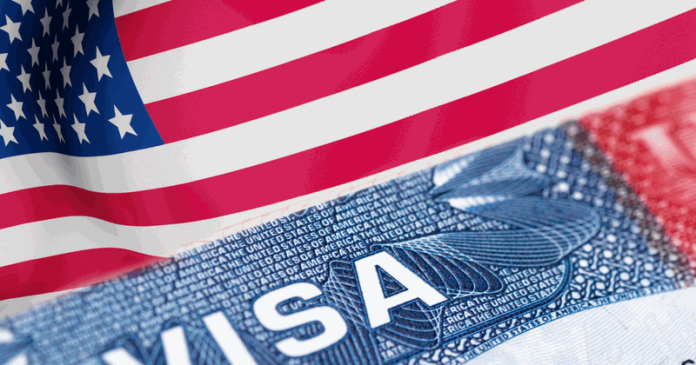The Biden administration has announced it will not renew a temporary humanitarian entry program that allowed hundreds of thousands of migrants from Cuba, Haiti, Nicaragua, and Venezuela to enter the U.S. with the support of sponsors.
The U.S. Department of Homeland Security (DHS) confirmed the decision on Friday.
Since October 2022, around 530,000 migrants from these countries have entered the U.S. under the “parole” program, which granted them two-year stays. As these grants begin to expire in the coming weeks, many of the migrants may still be able to remain in the U.S. through other available programs.
The parole program, introduced by the Biden administration, permits migrants with U.S. sponsors to enter the country for humanitarian reasons or if their entry serves a significant public benefit. While the program will no longer be renewed for migrants from these four countries, new applications from those still abroad will continue to be accepted.
The Biden administration initiated the parole program as a legal pathway for migrants to enter the U.S. in an effort to reduce illegal crossings at the U.S.-Mexico border. Illegal crossings reached record highs during Biden’s presidency but have significantly decreased in recent months due to new border restrictions.
Immigration remains a central issue in the upcoming November 5 election, where Vice President Kamala Harris will face off against Republican candidate Donald Trump, who has been a vocal critic of the parole program.
According to DHS spokesperson Naree Ketudat, the decision to end the program aligns with the original plan set out when it was launched. Migrants who are not authorized to remain in the U.S. “will need to depart before their parole period expires or may face removal proceedings,” Ketudat stated.
In contrast, other parole programs for Ukrainians and Afghans have been extended.
Despite the end of the “CHNV parole” program, many of the migrants from these four nationalities have alternative ways to remain in the U.S. Cubans, for instance, are eligible for permanent residency under the 1966 Cuban Adjustment Act, while many Haitians and Venezuelans qualify for Temporary Protected Status, which provides deportation relief and work permits.



